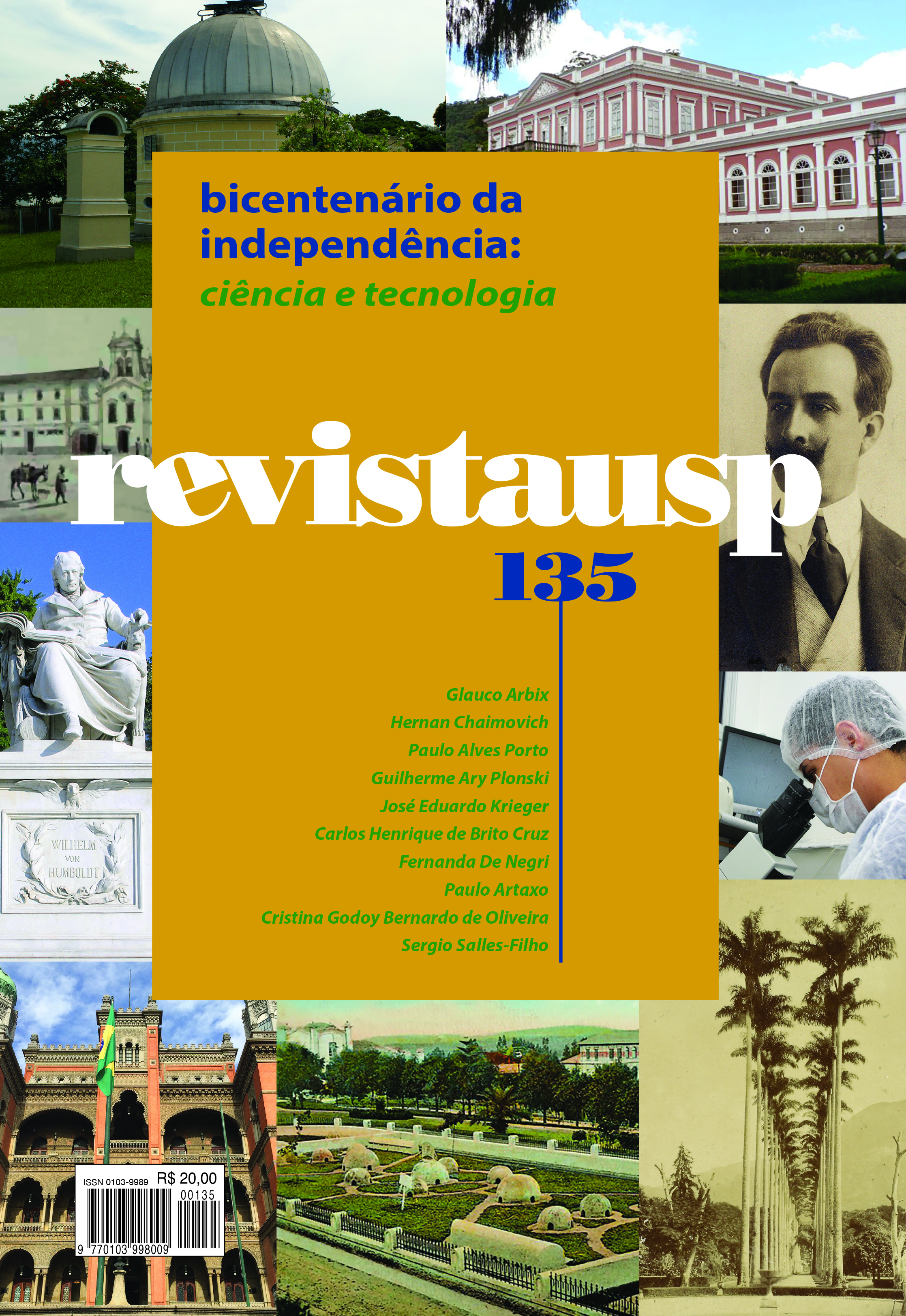Viés no aprendizado de máquina em sistemas de inteligência artificial: a diversidade de origens e os caminhos de mitigação
DOI:
https://doi.org/10.11606/issn.2316-9036.i135p195-210Descargas
Referencias
FALPAYDIN, E. Machine learning. Cambridge, MIT Press, 2016.
ANGWIN, J. et al. “Machine bias”. ProPublica, 2016.
BARABÁSI, A.-L. Linked: a nova ciência dos networks. São Paulo, Leopardo Editora, 2009.
BELLAMY, R. et tal. “Al fairness 360: an extensible toolkit for detecting, understanding, and mitigating unwanted algorithmic bias”. IBM Journal of Research and Development, 2019, pp. 1-15.
BUOLAMWINI, J.; GEBRU, T. “Gender shades: intersectional accuracy disparities in commercial gender classification”. Proceedings of machine learning research, 2018.
CESARO, J. Avaliação de discriminação em aprendizagem de máquina usando técnicas de interpretabilidade. Dissertação de mestrado. São Paulo, Escola Politécnica da Universidade de São Paulo, 2021.
CHRISTIAN, B. The alignment problem: machine learning and human values. New York, W.W. Norton & Company, 2020.
CRAWFORD, K. Atlas of AI. New Haven/London, Yale University Press, 2021.
DOMINGOS, P. The master algorithm: how the quest for the ultimate learning machine will remake our world. New York, Basic Books, 2015.
GOODFELLOW, I.; BENGIO, Y.; COURVILLE, A. Deep learning. Cambridge, MIT Press, 2016. HAO, K. “Intelligent machines: this is how AI bias really happens – and why it’s so hard to fix”. MIT Technology Review, 2019.
HO, D. et al. “How regulators can get facial recognition technology right”. Tech Stream, 2022.
KAUFMAN, D. “Equipes interdisciplinares: não basta ‘juntar campos’, tem que construir pontes”, Época Negócios, 2021.
LEARNED-MILLER, E. et al. “Facial recognition technologies in the wild: a call for a federal office”. White Paper, 2020a.
LEARNED-MILLER, E. et al. “Facial recognition technologies”. A Primer, 2020b.
LESLIE, D. “Understanding bias in facial recognition technologies”. Alan Turing Institute, 2020.
LUNDBERG, S. M.; LEE, S. I. “A unified approach to interpreting model predictions”. Advances in neural information processing systems, 2017, pp. 4.765-74.
LIAO, S. M. Ethics of artificial intelligence. New York, Oxford University Press, 2020.
MINSKY, M. Communication with alien intelligence. Cambridge, Cambridge University Press, 1985.
MITCHELL, T. M. Machine learning. New York, McGraw-Hill, 1997.
MOKANDER, J.; FLORIDI, L. “Ethics‐based auditing to develop trustworthy ai. Minds and machines”. Springler, 2021.
PEREZ-CRIADO, C. Invisible women: data bias in a world designed for men. New York, Abrams Press, 2021.
RUSSELL, S. Human compatible: artificial intelligence and the problem of control. New York, Viking, 2019.
WEXLER, J. et al. “The what-if tool: interactive probing of machine learning models”. IEEE Transactions on visualization and computer graphics, 2019, pp. 56-65.
Descargas
Publicado
Número
Sección
Licencia
Derechos de autor 2022 Revista USP

Esta obra está bajo una licencia internacional Creative Commons Atribución-NoComercial-CompartirIgual 4.0.
|
Pertence à revista. Uma vez publicado o artigo, os direitos passam a ser da revista, sendo proibida a reprodução e a inclusão de trechos sem a permissão do editor. |


